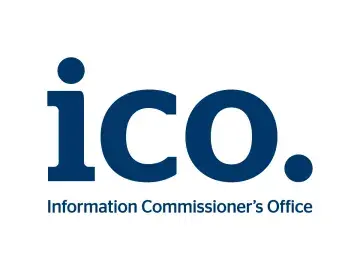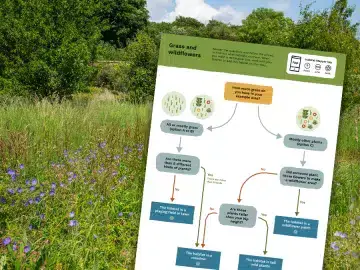
Renewable poetry
In this Upper KS2 poetry resource, learners will be introduced to some ways that humans are responding to biodiversity loss and climate change. They will read a poem in which animals react to some good news, and discuss it. They will then write their own poem in the form of a reverse golden shovel, using the sentence ‘the renewable energy revolution is happening faster than you think’. This session aids understanding of biodiversity loss and measures to prevent it, uses of past and present tense in poems, and the golden shovel form of poetry.
This resource has been developed by the Poetry Society in line with the National Curriculum to facilitate creative poetry writing about key issues.

Preparation
What you need
- a download of the UKS2 Renewable Poetry Activity Guide
- a download of the UKS2 Renewable Poetry Presentation
- writing materials
- a way of doing independent research e.g laptops or iPads
Location
Indoors
Useful guidance
- The Power of Books is short guidance on the power of books to help learners understand the natural world; why and how books can be used as part of climate and biodiversity education.
Resources
Step by step
- Download the Renewable Poetry activity guide
- Introduce your class to the information about biodiversity loss and its solutions.
- Read the poem by Julia Zhou.
- Discuss the poem as a class through talk partner questions (see page 3 on activity guide).
- Each learner to write a poem in the reverse golden shovel form (see pages 3-4 on activity guide).
- Share the poems with the class.
- Plenary – what changes would you like leaders to make to protect the natural world?
- Find more learning resources exploring poetry and nature on the Poetry Society website.
Curriculum links
Year 5 and Year 6
This resource can be used to support learners to meet National Curriculum outcomes for:
- reading - comprehension
- writing - transcription
- writing - composition
- writing - vocabulary, grammar and punctuation
*These poetry resources can support English curriculum learning outcomes. If you are focusing on other subjects, these resources can be used for discussion and reflection, rather than focusing on assessment of writing.
What to try next

Shades of green
Begin activity
Requesting environmental information about your local area
Begin activity